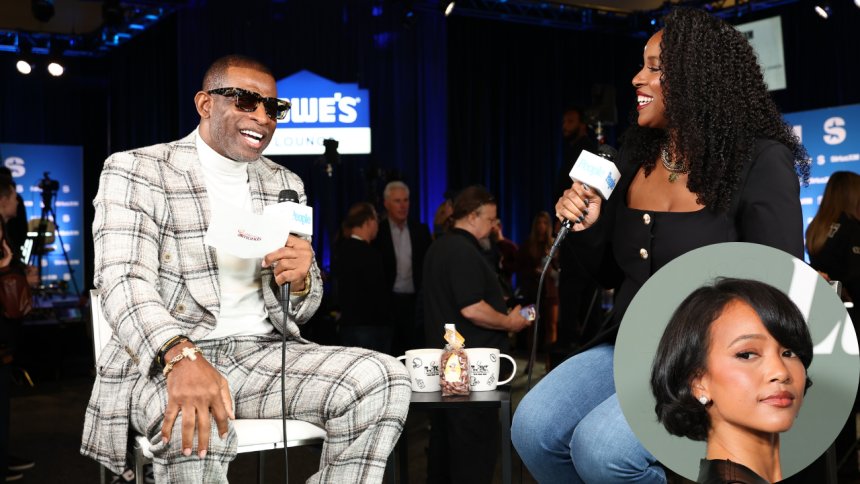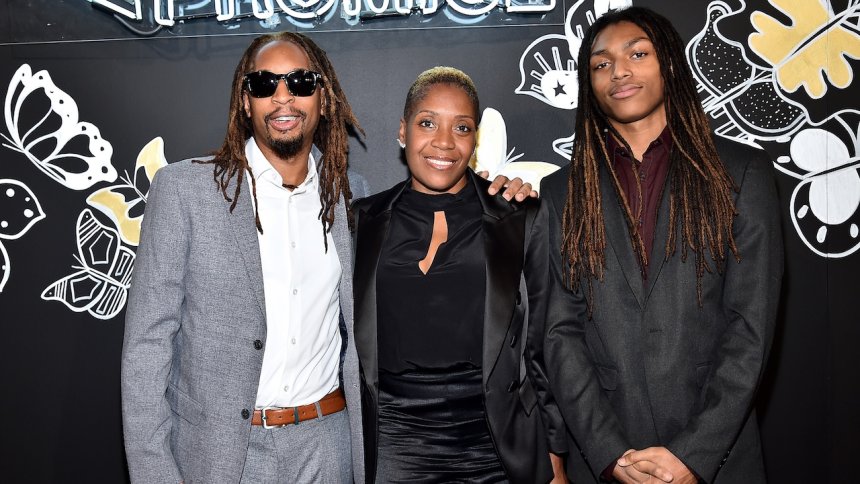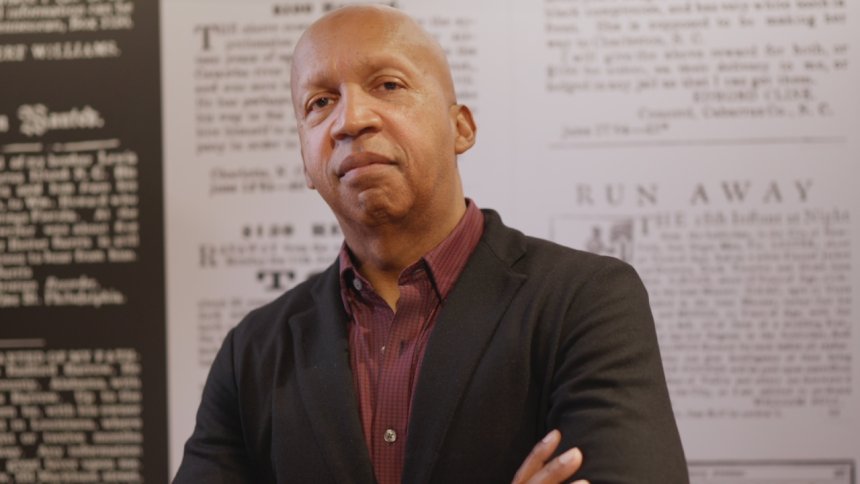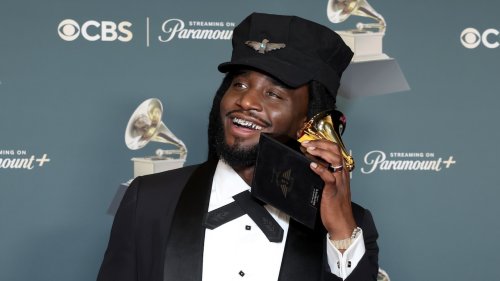Who is Fawn Weaver? The Black woman CEO fighting to keep Uncle Nearest
The founder and CEO of Uncle Nearest could lose her company after a judge ruled for it to be placed
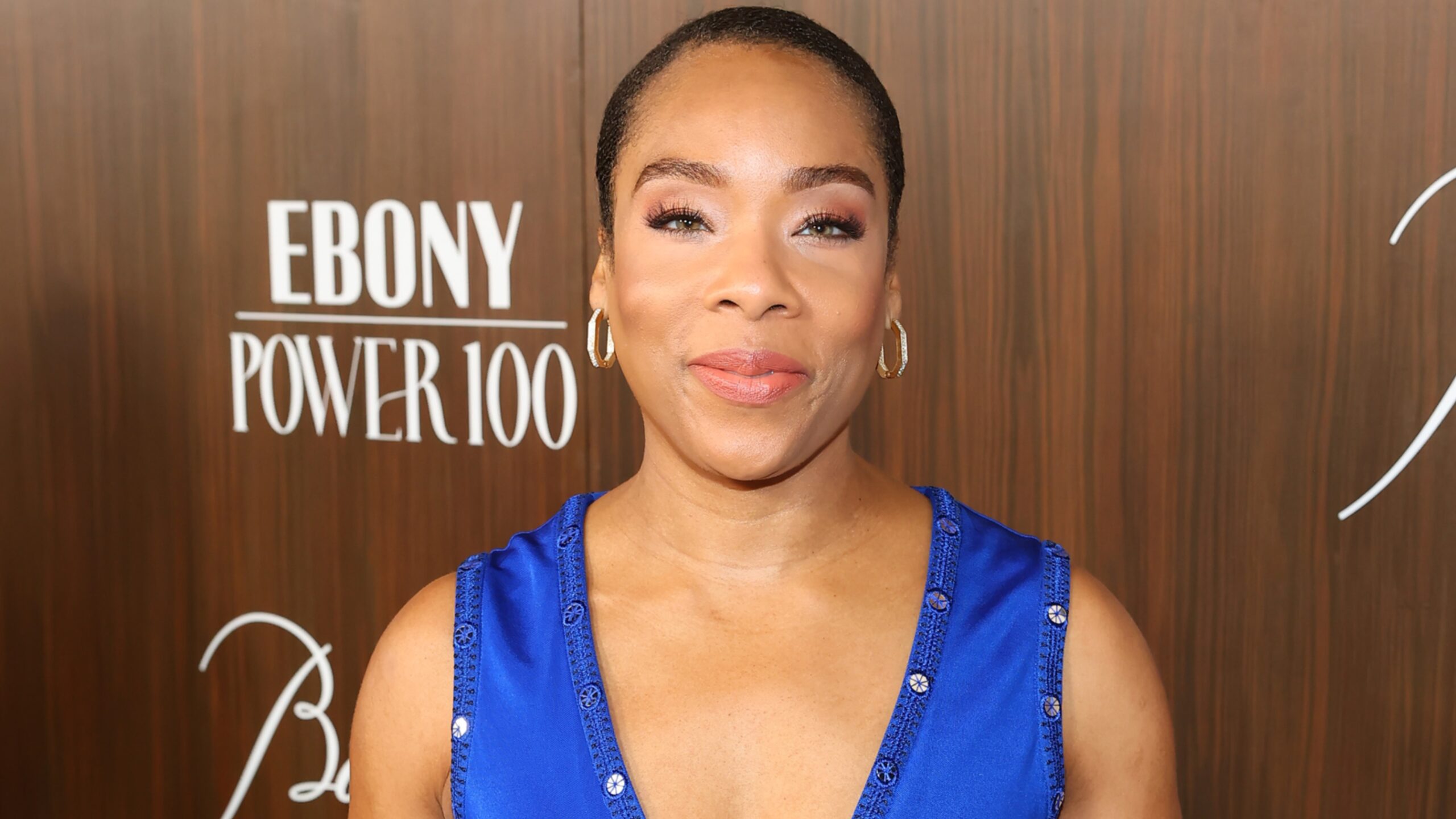
The founder and CEO of Uncle Nearest could lose her company after a judge ruled for it to be placed under a receivership. Here’s what we know about her story.
The fate of the billion-dollar whiskey brand Uncle Nearest changed course last week when a Tennessee judge ruled in favor of one of its lenders, Farm Credit Mid America, ordering that it should be placed under a receivership. In the lawsuit, the creditor claims Uncle Nearest defaulted on $108 million in loans and that the company was dishonest about the ways in which the loans were being used.
Farm Credit said that its loans were spent on a $2 million property in Martha’s Vineyard, and that the brand also misreported its barrel inventory to get more loans. According to the lender, Uncle Nearest only has a cash balance of $261,000, compared to reporting from its chief financial officer that it was $1.5 million.
At the center of the controversy is the founder and CEO of Uncle Nearest, Fawn Weaver. Weaver, 48, also started the company with her husband, Keith Weaver, in 2017, but the entrepreneur is undoubtedly the face of the spirits brand. She has continued to be front-facing even through the duration of this lawsuit. The couple has defended themselves against Farm Credit’s claims and placed blame on the company’s former chief financial officer, Mike Senzaki, who they say deceived them.
Before the decision for the receivership was made on August 14, Weaver posted an Instagram Reel on August 3 defending Uncle Nearest against what she deemed to be “hit pieces” and asking supporters of the brand to “clear the shelves” of Uncle Nearest at stores to send a message to its distributors. Weaver made another post after the ruling to clarify that she is still the owner of the company, also stating that her team is “unshaken and unmoved” by the decision.
Origins of “The People’s CEO”
If Weaver’s openness about the issues surrounding her brand seems surprising to anyone, speaking directly to her consumers has always been a key part of her marketing. She wrote in the Instagram post caption from August 17, “Transparency has always been part of my calling. And I’m not about to stop now.” And it may be what saves her standing in the company while the details of the receivership are being decided. Both the judge and Farm Credit agreed she should still be allowed “to market Uncle Nearest and further build the brand,” and that she can “mitigate any potential brand damage” which could happen as a result of the receivership.
Weaver’s defiant spirit, which can be felt in her Instagram posts responding to the lawsuit (she is under a gag order from the court said she was warned to “move in silence”) or her refusal to navigate the whiskey business traditionally, dates back to her childhood in California. In her 2024 book, “Love and Whiskey,” about her research into the Uncle Nearest story, she writes about leaving home at 15 after her parents gave her an ultimatum, choosing to live in homeless shelters instead. 
So, why is Weaver’s presence so essential to the Uncle Nearest brand when it could still be taken away from her? More than a month before the lawsuit was filed, Weaver spoke with theGrio in June, and said even though they have received offers, her company is not up for sale.
“We will keep building this. I intend to crisscross the country for the next 25 years, growing this company and training the next generation to take it even further.”
Self-proclaimed “The People’s CEO,” Weaver’s attachment to Uncle Nearest is rooted in her interest in Black history. She not only founded Uncle Nearest but is also credited for uncovering the history of its namesake, an enslaved man named Nathan “Nearest” Green, and his possible role in the creation of the Jack Daniel’s whiskey formula. Green is now on record as being the first African American master distiller.
The story behind ‘Uncle Nearest’
Weaver is the author of “Love and Whiskey,” a culmination of the research she did when she set out from her home in Los Angeles to Lynchburg, Tennessee almost a decade ago to learn about Nearest Green and his relationship with the distiller and businessman Jack Daniel. During her stay in the small Tennessee town, she said she collected 10,000 documents and artifacts related to the two men. She argued that Green was a mentor to Daniel and that the two had a friendship, contrary to many people’s theories when Green’s story was popularized in 2016 by The New York Times.
“Most of the world heard that there was an enslaved man on a property, but the person who owned that property —the white distiller— was given credit,” Weaver told theGrio in June. “They heard Jack Daniel owned slaves, he stole the recipe, he hid the slave. And none of that was true.”
Weaver was first convinced there was more to the story due to a photo of Green’s son, George Green, who was pictured next to Daniel and with other workers at the Jack Daniel Distillery.
“In 1904, if you’re trying to hide an African American, you did not put them in the photo. This is the only photograph that Jack Daniel has ever taken with other people, and he made sure the center position went to an African American man,” she said. “That looks to me like an ally.”
The strategy Weaver employed for building her whiskey brand was unorthodox. She was a bestselling author and real estate investor without a professional background in spirits. But she told theGrio that she didn’t attempt to assimilate into the “old boys’ club” of the industry, saying that they’re not her consumer. Instead, she focused on making people interested in the story of Nearest Green.
“I’m looking for the storytellers who will make sure every time they see a bottle, they share the story of Uncle Nearest,” she said.
Now, she will have to figure out a way forward for her brand through the receivership, but many of her fans are cheering her on and buying bottles of Uncle Nearest in support. Weaver and Farm Credit will submit suggestions for the receiver on Aug 20. According to another Instagram post she made following the court decision, she looks forward to when the case is finally settled so she can chat about it on her hot topics page, “Nightcap with Fawn Weaver.”
Share
What's Your Reaction?
 Like
0
Like
0
 Dislike
0
Dislike
0
 Love
0
Love
0
 Funny
0
Funny
0
 Angry
0
Angry
0
 Sad
0
Sad
0
 Wow
0
Wow
0
